Description
Link for the zoom recording for the 1.20.22 Third Place Books Reading Event
Sherry Rind’s poetry books are The Hawk in the Back Yard (Anhinga Award), A Fall Out the Door (King County Arts Award, Confluence Press), and Between States of Matter (The Poetry Box Select, 2020). Chapbooks are The Whooping Crane Dance and A Natural History of Grief. She has received grants and awards from the Seattle and King County Arts Commissions, Pacific Northwest Writers, National Endowment for the Arts, and Artist Trust. Near Seattle, she lives with Airedale terriers, chickens, cockatiels, and a corn snake. She would like to keep a goat. sherryrind.wixsite.com/writer
“I am reading and loving… <em>The Store-House of Wonder and Astonishment</em> by Sherry Mossafer Rind (Pleasure Boat Studio, 2021) uses the persona poem to explore natural history from a multitude of points of view, ranging from Aristotle on the disappearance of birds to Father Acosta on the qualities of dung.” – Managing Editor Stephanie Barbé Hammer, Shark Reef Literary Magazine
“…Folklore and science blend in many of these pieces…[i.e.] ‘The Physic of Toads’, in which toad folklore is presented: ‘If someone offend a toad, she gathers air into her body/and sighs out that poisoned breath/as near the offending person as she can get/and thus has her revenge./If air causes blindness or dizziness, seek the toad.’…Observations of the intersections of these worlds, the mysteries and myths of nature, and the long-ranging history of these encounters are captured… [And] a concluding section of notes bows to the sources of inspiration that fueled these works, offering readers more opportunities to investigate source materials… [Sherry Rind’s] thought-provoking, lyrical commentary are astute, evocative considerations of human roots in the natural world (which, in modern times, are too often forgotten): ‘Nothing then is lost; the vital heat survives in air, wheat,/cloth, mice, the very clay on which we stand or dig for pots./Beings generate in every combination, and everything on earth is life.'” –Diane Donovan’s Recommended Reading, Midwest Review
“In this collection of compelling persona poems, Sherry Rind gives voice to both the natural dignity and intelligence of animals, and to man’s hubris which has shaped our relationships with them. Filled with deep compassion for other lives, these lyrical and often ironic poems show us how often humans “narrowed in their single element” do not comprehend the varied ways of knowing in the non-human world. In this time in which widespread distrust of science has taken hold, her exploration of ancient writers’ outlandish beliefs is a poetic mirror on our own ignorance. “Because you cannot hear/you do not know how the earth talks to itself.” The Storehouse of Wonder and Astonishment is a treasure trove of lyrical insight.” –Alicia Hokanson, author of Perishable World, Mapping the Distance, and Insistent in the Skin
“Sherry Rind’s book of poetry, THE STORE-HOUSE OF WONDER AND ASTONISHMENT, is a dance to the music of time–old time. By turns whimsical and profound, but always original, Rind re-imagines the imagination in which early naturalists and explorers viewed the opening world around them. In their originality, pacing, wordplay, and marvelous erudition, these poems are not only eminently readable, but re-readable, as poetry should be.” –Alfred Alcorn is the author of fourteen novels, including Sugar Mountain
“An exquisitely written, compelling body of poems that anchors the world of animals to our transcendent human longing to know them, save them, be them. Or, at least, be as wildly innocent. “We find the wild lands better than dreams.” Rind has skillfully created something original, a body of lyrical poems that read like rich, lavishly rich, gifts of delicate grace. The overall impression is that of a triumphant acknowledgment of animal life that takes the reader to a place of deep empathy and all-embracing tenderness. “Among us, their eyes stop rolling and they bend their long necks to the grass.” –Mary Lou Sanelli, author of The Immigrant’s Table, Among Friends, and Every Little Thing. www.marylousanelli.com
Excerpt of Poems
Elephants, Their Capacity
The elephant is the largest of them all, and in intelligence approaches the nearest to man.
Pliny the Elder, Natural History, 77 CE
We speak to the lines of sound
among planets, thin as spiders’ silk,
when the new moon reveals itself
after the darkest night.
Silver to silver
we send up the water
and return to the forest.
Thus, we mark the years
of ascending and descending on earth.
When one of us falls,
we inhale her scent to keep it
with all the other stories;
the follower is not less than the leader.
When you take one of us
she will learn your language and obey
because she is no longer herself
but a dog whose world is work.
Because you fear our size
you diminish us.
Because you cannot hear
you do not know how the earth talks to itself.
You will never speak our language
which is of the earth
the deepest tides of underground streams
the molten shiftings you cannot hear.
Oviedo Encounters the Sloth in Brazil
The first invention of Musicke might seeme by the hearing of this beast, to have the first principles of that Science,
rather then by any other thing in the World. Gonzalo De Oviedo
Its four limbs cannot carry it on earth
but drag the body with birdlike claws,
belly weaving a trail in the dust.
Too slow for sport, with a mouth too small to bite,
it does not defend itself from capture
or bring any profit yet known to man.
It cannot be hurried, can never be hurried
by threats or sticks even when it sees a tree
where its one desire is to climb
with long arms and claws that reach slowly
as if through honey to the highest branch
where it is lost in quietude
among leaves and birds. No one has seen it eat
anything but air, as it turns its face to the wind,
a round child’s face with a dark stroke across each eye
painted carelessly, an animal half-formed, a friend of darkness,
quiet by day but singing at night
six notes up the scale and down
as a man may sing do, re, me, fa, so, la
this creature calls ah, ah, ah, ah, ah, ah in perfect pitch
composing the music of this New World
and all the marvels in it.
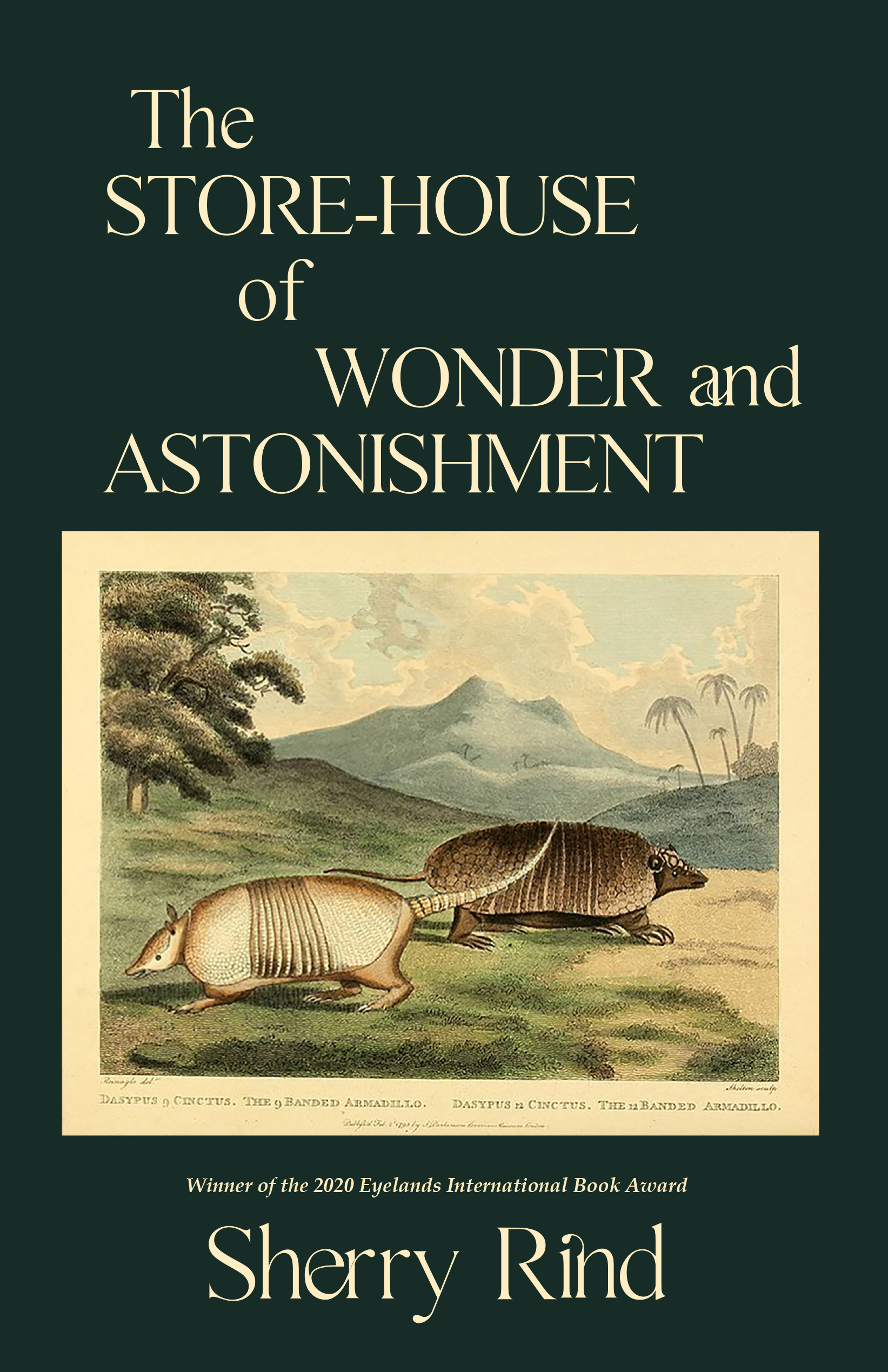
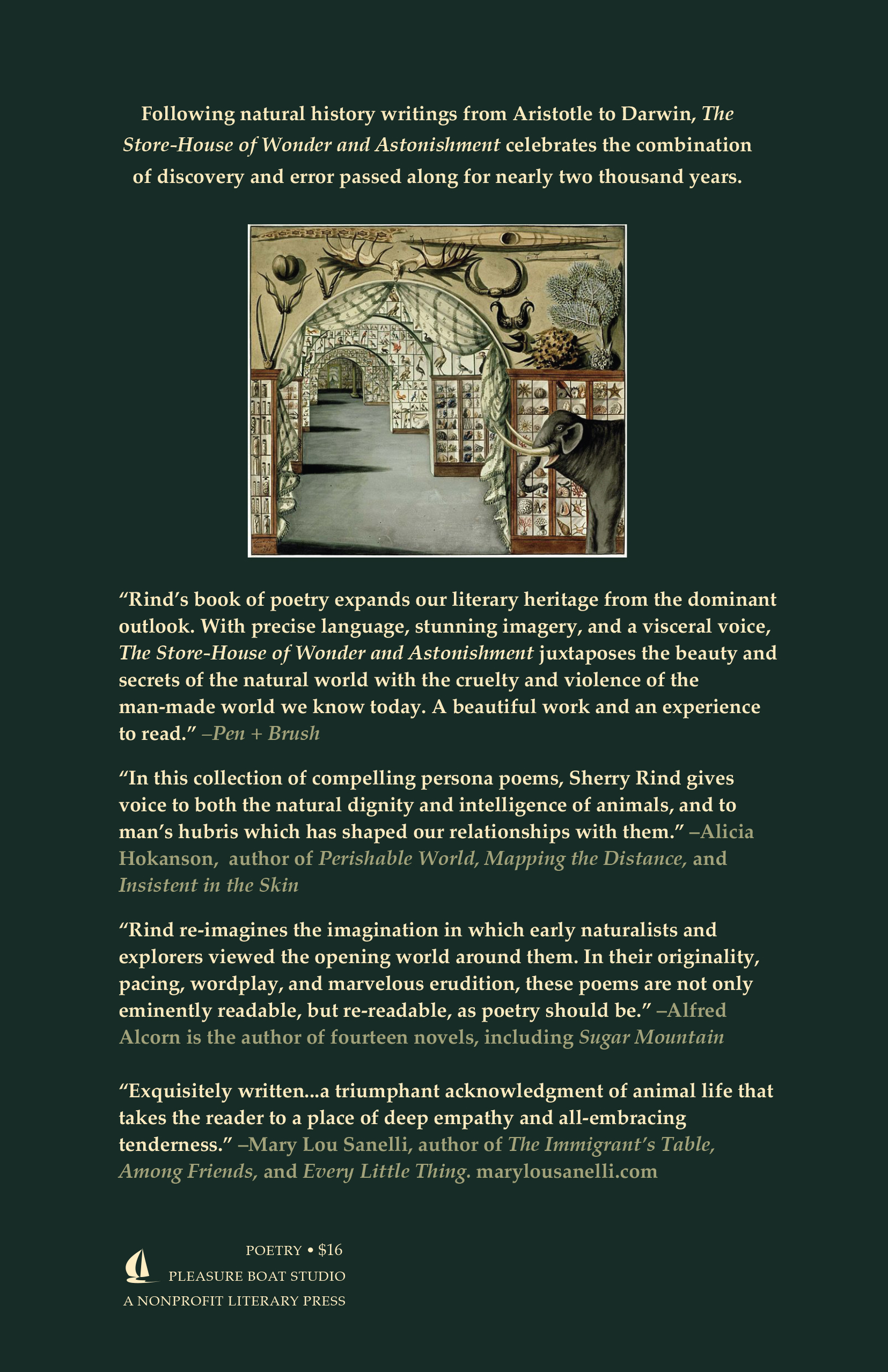
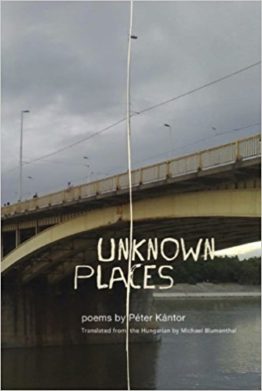
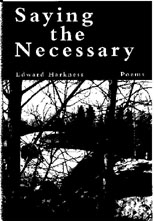
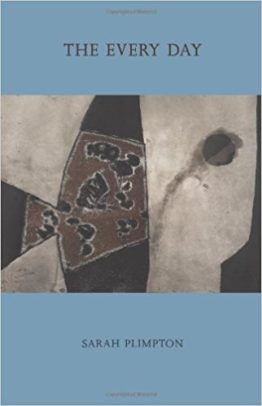
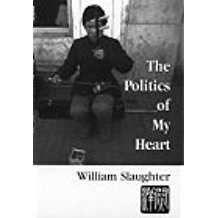
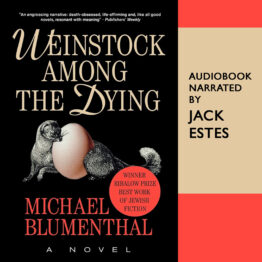
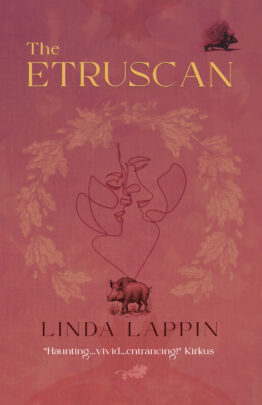
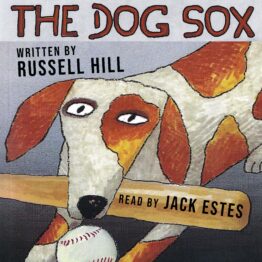
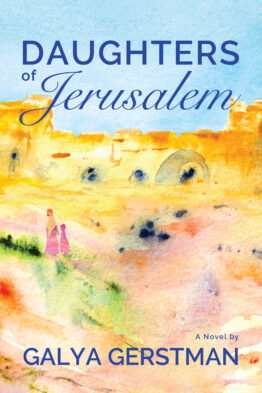
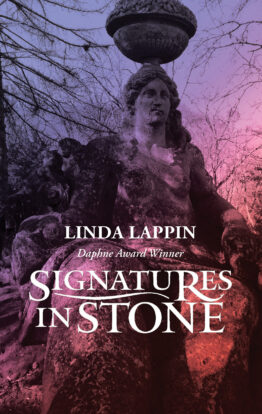
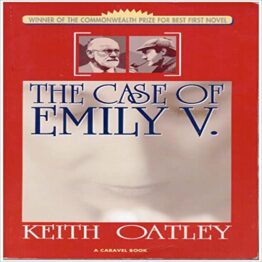
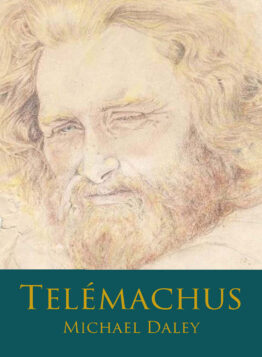
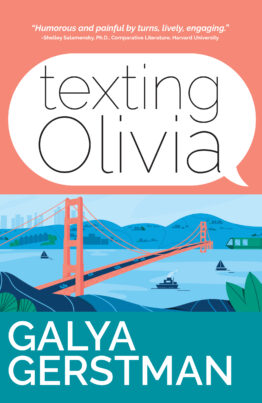

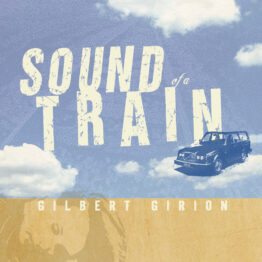
Midwest Review, Diane Donovan’s Recommended Reading –
The Store-House of Wonder and Astonishment is a unique collection of natural history poems that capture animal life, wilderness, and journeys that reflect both human and animal relationships…
Sherry Mossafer Rind’s science-based consideration of world wonders reflects natural history writers of the past. Thus, such names as Pliny, Aristotle, Saint Ambrose, and Herodotus consider the habits of animals such as magpies, llamas, iguanas, and toads.
Folklore and science blend in many of these pieces, which trace the evolution of discoveries about different creatures and reflect on their meaning to humanity.
Rind writes with a studied attention to detail and perception. One good example is ‘The Physic of Toads’, in which toad folklore is presented: “If someone offend a toad, she gathers air into her body/and sighs out that poisoned breath/as near the offending person as she can get/and thus has her revenge./If air causes blindness or dizziness, seek the toad.”
The weave of human and natural history is nicely done. Observations of the intersections of these worlds, the mysteries and myths of nature, and the long-ranging history of these encounters are captured in the chronological journey ‘Paradise’, in which explorers who initially encountered these animal mysteries found remarkable danger reflected by them: “Declaring himself a servant of the King of Spain,/the Sultan of Bacchian filled our ships with cloves./He also gave us beautiful dead birds/of a kind never before seen. The size of thrushes/with small heads and long beaks like crows…”
As this work moves through different experiences in the 1500s age of exploration and daring, Rind creates a beautiful (and thought-provoking) examination of the routes of sailors and encounters with the “birds who would bring us Paradise.”
A concluding section of notes bows to the sources of inspiration that fueled these works, offering readers more opportunities to investigate source materials.
While The Store-House of Wonder and Astonishment will likely be considered for collections strong in contemporary poetry, it holds value and recommendation for natural history and travel holdings, as well.
Its different perspectives, studied and reasoned contrasts between human experience, exploration, and encounters with animals, and its thought-provoking, lyrical commentary are astute, evocative considerations of human roots in the natural world (which, in modern times, are too often forgotten): “Nothing then is lost; the vital heat survives in air, wheat,/cloth, mice, the very clay on which we stand or dig for pots./Beings generate in every combination, and everything on earth is life.”
Seattle Book Review, by Keana Aguila Labra –
Star Rating: 4 / 5
With its blend of scientific and theological histories, Sherry Rind’s The Store-House of Wonder and Astonishment speaks of age-old histories through the tender wisdom of the Earth’s animals and philosophers. The varying perspectives of each poem and section solidify an underlying truth: while the vessel for each “voice” might be different, the message remains universal.
Rind is gentle, taking her reader through her thought process. With each poem, Rind introduces the speaker through its title, and the poem’s epigraph acts as a summary. It’s as though Rind sat with each animal and philosopher, considering the depth and genuine evocation in these persona poems. The varying schools of thought, such as Greek myth and fables from the third century CE, presented in this book show Rind’s careful consideration and great respect for these philosophies.
The sentiment with which Rind writes adds to the authenticity of her voice with each poem. “Elephants, Their Capacity” is a perfect opening, with its balance of soft and ancient, the elephant voice decreeing, “we mark the years / of ascending & descending on earth […] you will never speak our language / which is of the earth.”
Though a highly intellectual read, involving different schools of thought concerning the medium of poetry, the collection is still reader-friendly to newcomers to philosophical and literary theory. However, there are folks who would be intimidated by the sheer amount of references made within the book. There are nods to Ovid, Aristotle, the Torah, etc. While not necessary, it certainly enriches the reading experience to have a background in these different historical texts and figures.
Outside of the books intersecting reflections, Rind is also a great poet, akin to Mary Oliver. There is a crescendo in the observing voice, and her imagery is enough to immerse the reader thoroughly inside her poems. For example, in “Dolphins,” there is a warmth in her voice, unveiling the wonders of the world that lie just ahead of us if we only took the time to look.
Ultimately, The Store-House of Wonder and Astonishment is a question of amalgamation. What if our individual beliefs were right in some way? What if we were allowed to take the best of our teachings to combine into something beyond myth, religion, and philosophy? What if pantheism were a synonym for the full acknowledgement of history, for human and animals alike? Rind asks readers to return to a state of child-like wonder to be receptive to these truths, none of which feel forced and are instead a reminder that knowledge is a welcoming power.
Managing Editor Stephanie Barbé Hammer, Shark Reef –
I am reading and loving… The Store-House of Wonder and Astonishment by Sherry Mossafer Rind (Pleasure Boat Studio, 2021) uses the persona poem to explore natural history from a multitude of points of view, ranging from Aristotle on the disappearance of birds to Father Acosta on the qualities of dung.
Rebecca Foster, Shelf Awareness –
In her learned and mischievous fourth collection, The Store-House of Wonder and Astonishment, Seattle poet Sherry Rind (Between States of Matter) ponders classical and medieval attitudes toward animals.
Rind quotes frequently from Ovid and Pliny in poem epigraphs as she records ancient natural history theories that have since been debunked. For example, Aristotle, unaware of birds’ continent-crossing migrations, assumed they hibernate underwater: “Although fishermen may dredge hibernating swallows/ from the depths, the birds soon die/ if awakened before their time,” from “Aristotle on the Disappearance of Birds.”
“Paradise” describes the island wildlife discovered by Spanish and Portuguese explorers. Other topics include the lack of reptiles in Ireland, a first-century plague of rabbits, and legends of the phoenix. “Elephants, Their Capacity” is one of two poems that imagine what elephants would say to people: “Because you fear our size/ you diminish us.” Indeed, a recurring theme is how humans have exploited other species–everything from beavers to toads–for food or medicine over the centuries.
Moving between chastening and celebratory modes, the verse tells stories of connection. One standout, “The Kinde of Hyaena Called Papio,” mimics a 16th-century letter recounting a moment of kinship with a monkey in a German park: “You know I keep many animals, but never have I felt I was looking into their faces as one equal to another, on the very edge of words.”
Countering the archaic or biblical view of nature “as a store-house of resources provided by a creator for the benefit of human beings,” Rind appreciates the creatures in Earth’s treasure trove for their own sake.
Discover: Sherry Rind’s playful set of poems explore the relationships between humans and other species, with connection posited as a better model than ancient models of exploitation.